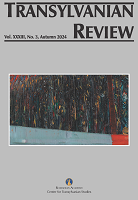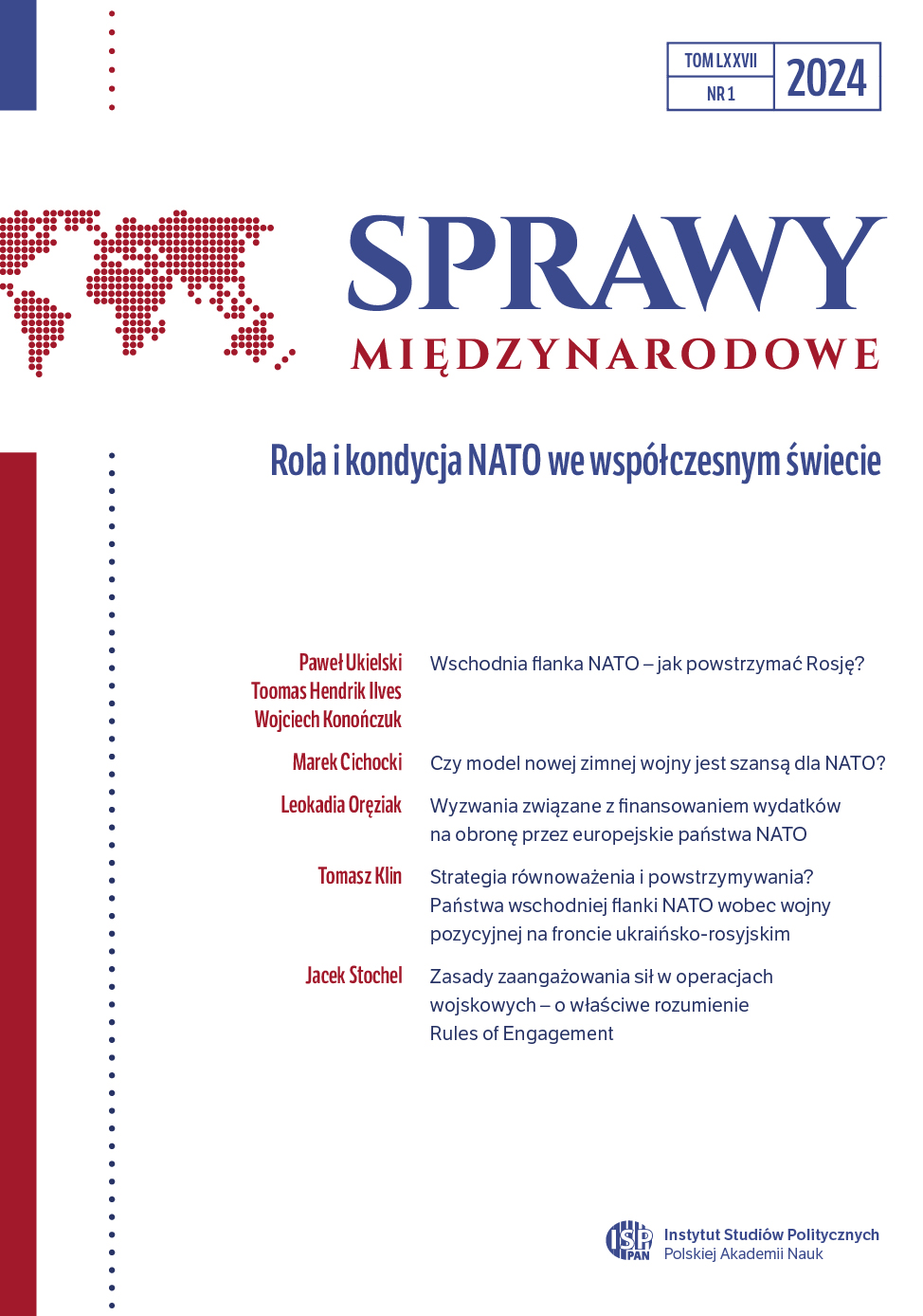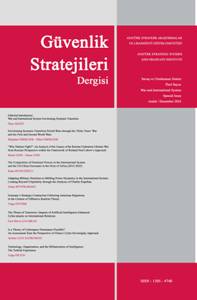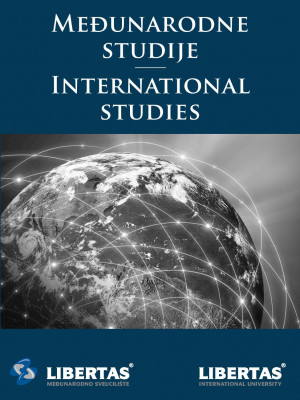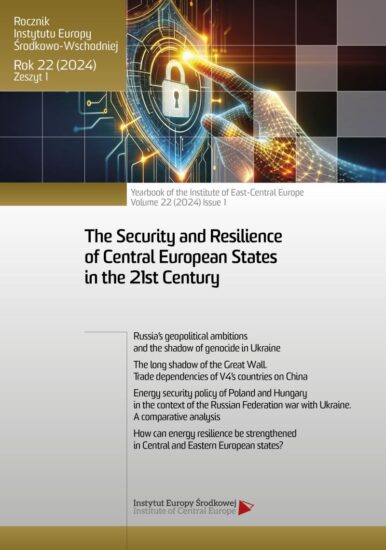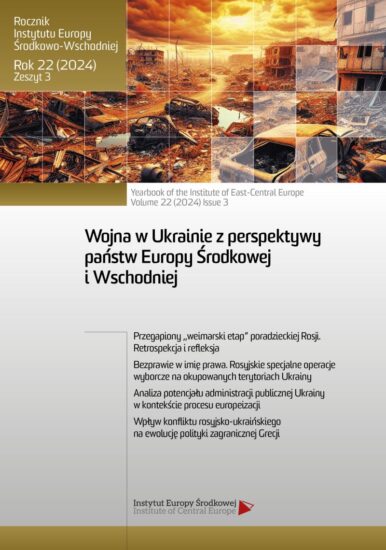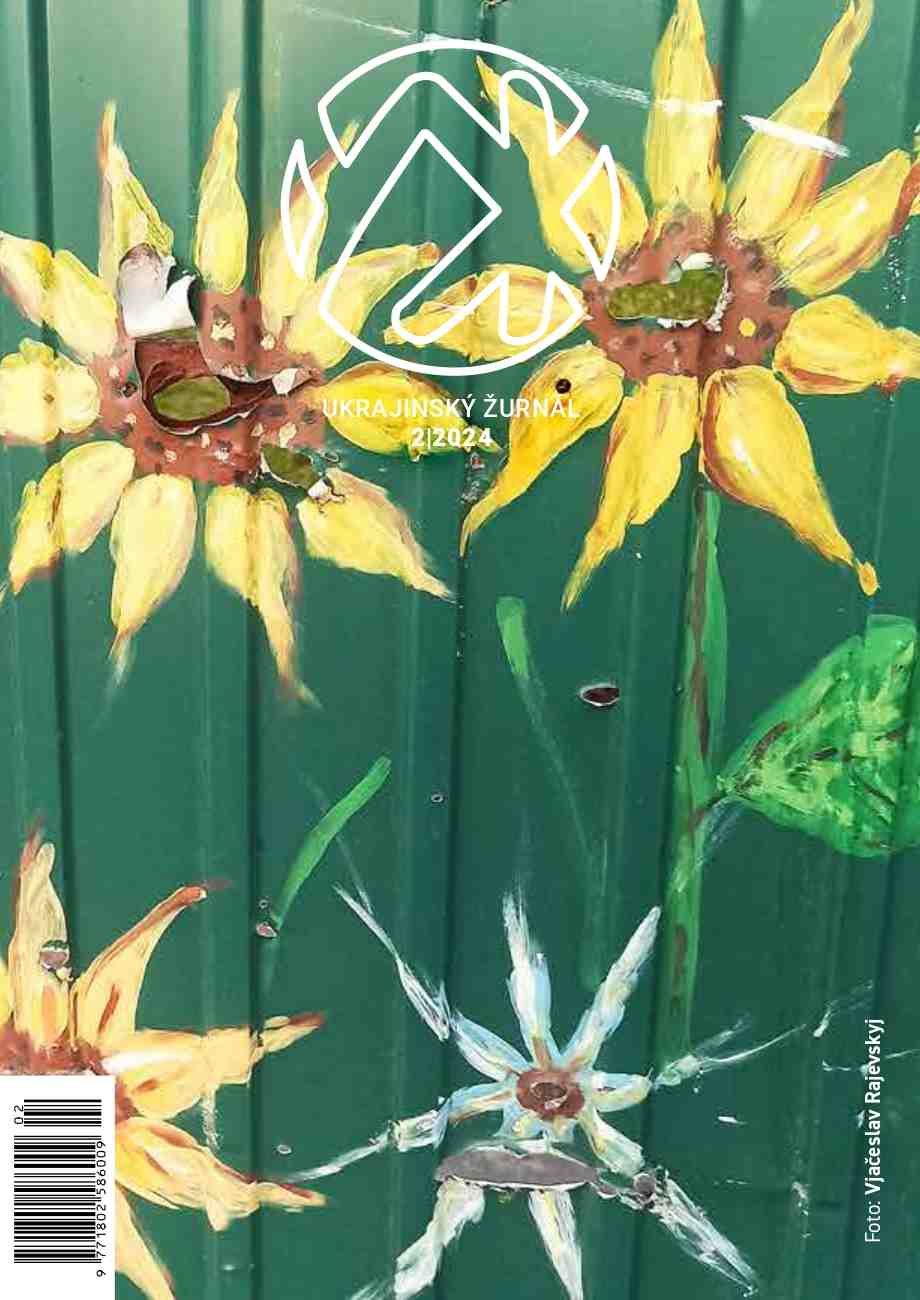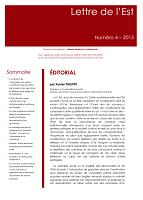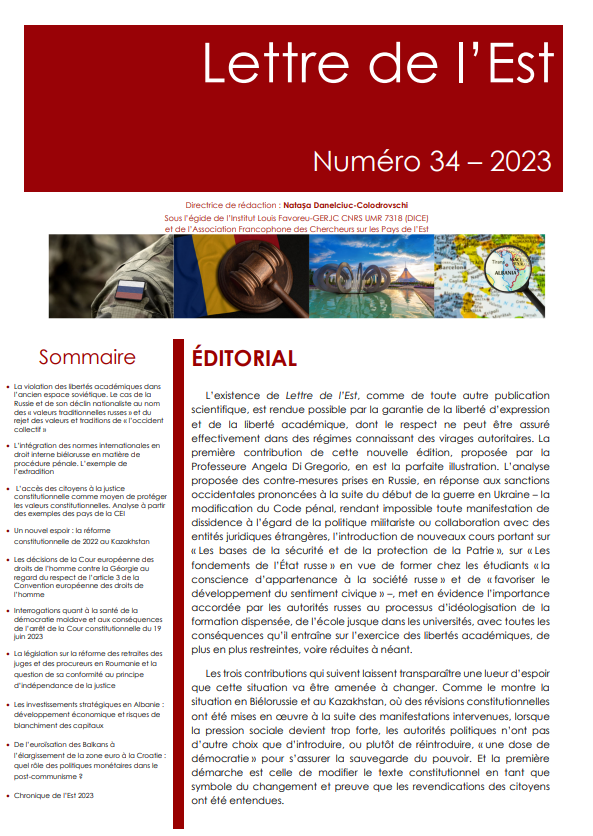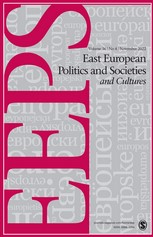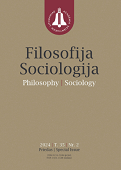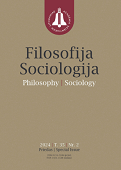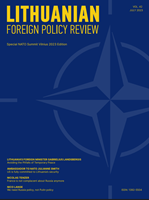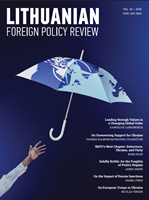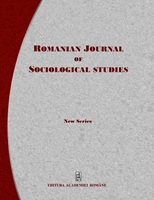
LESSONS IDENTIFIED DURING THE CONFLICT IN UKRAINE IN CYBER FIELD
The significance of resilience within the cyber security field serves not only as an awareness tool regarding the impact of cyber-attacks on a global scale, but also as a reminder that the world we are living in is a basin of threats, mostly endorsed through cyber space. The examination of the so-called Advanced Persistent Threats (APTs) is a reminder of the mandatory existence of resilience strategies in creating high-technology defense instruments and response mechanisms. Enhancing cyber-security is a mixture of vigilance, adaptive learning, proactive measures, lessons identified and cooperation between entities that may deal with cyber adversities.
More...
